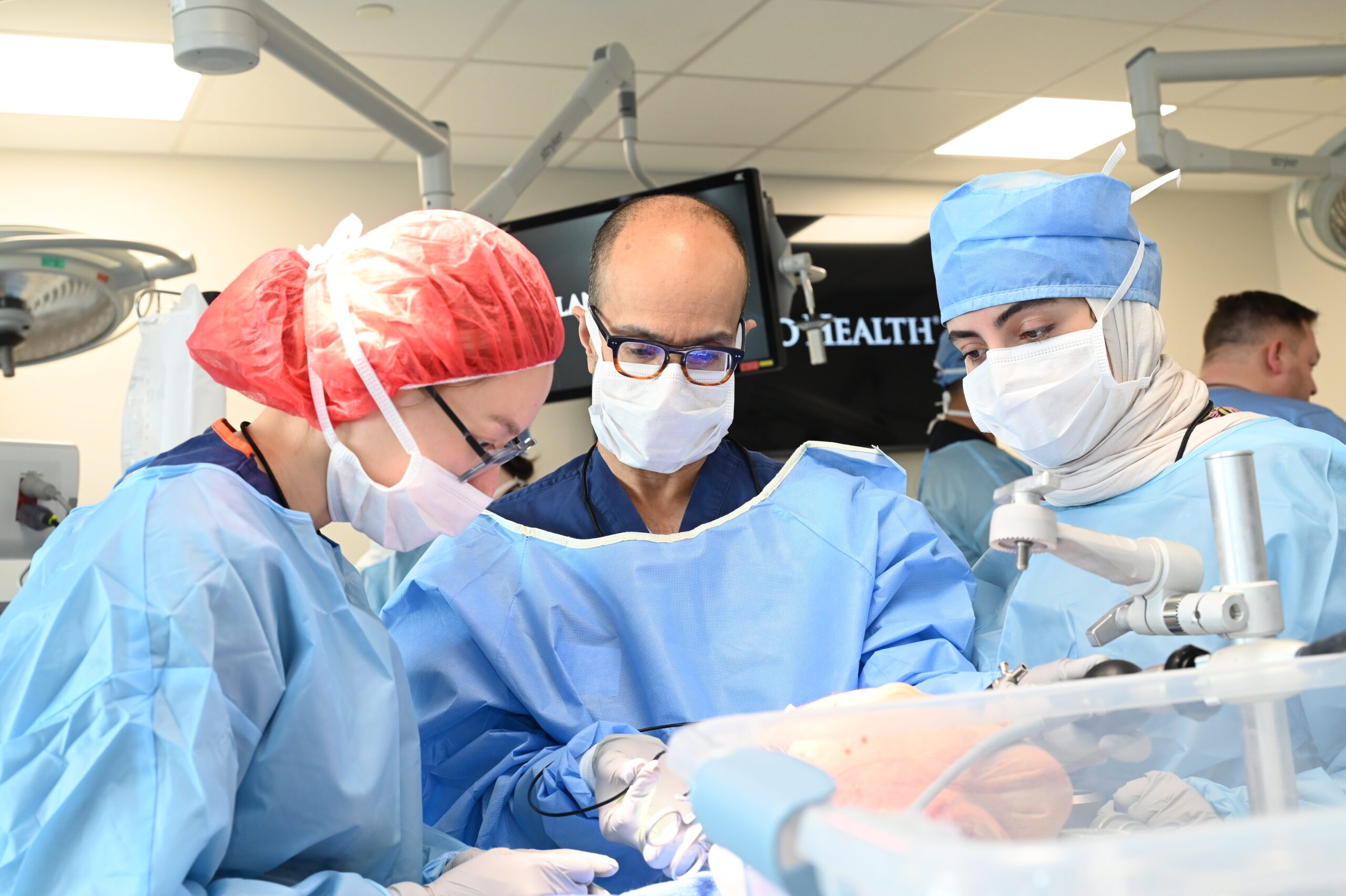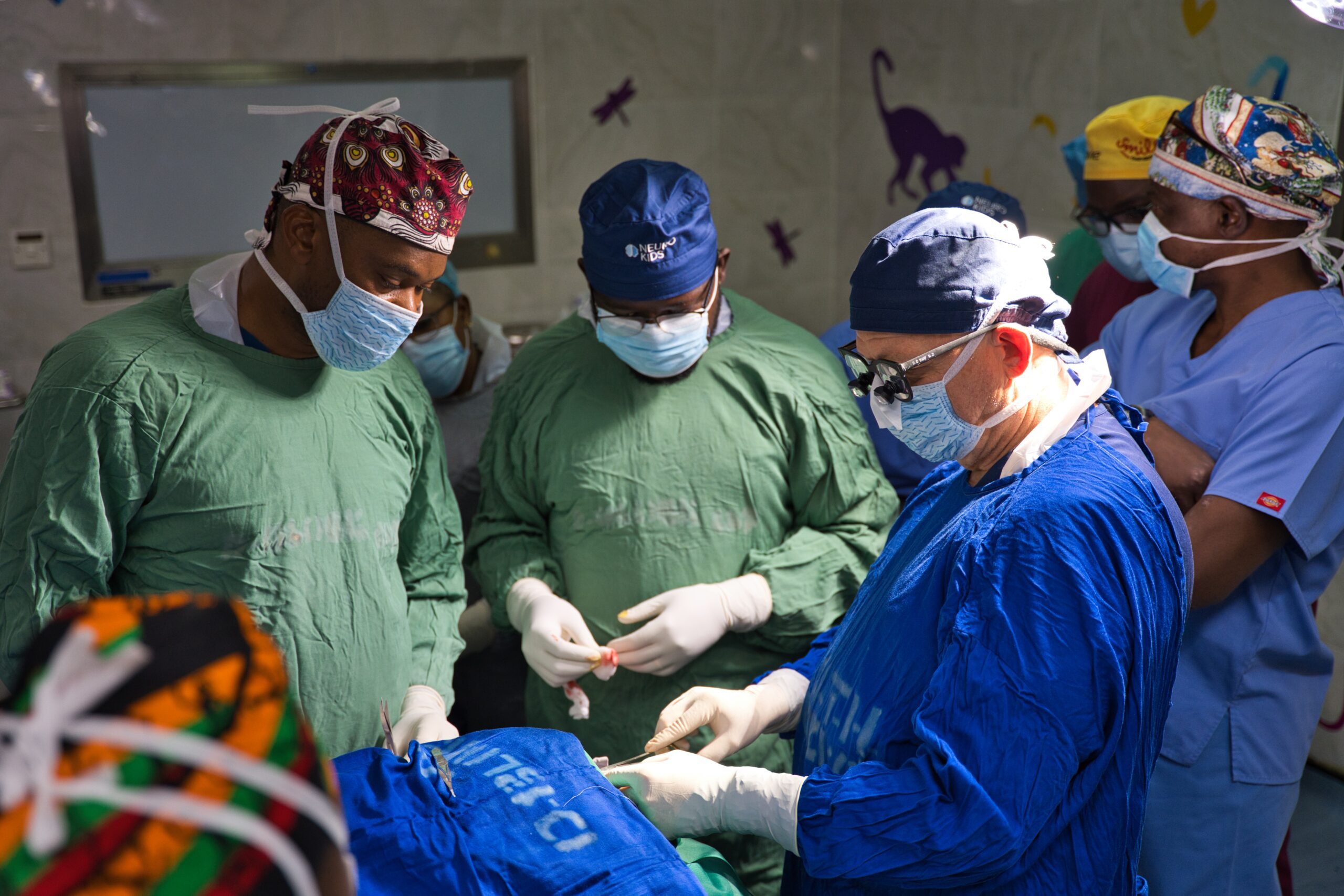Zambia
With a population of more than 19 million, Zambia has made strides in improving healthcare infrastructure and access, but several critical issues persist, including those related to the two most common brain conditions in children, hydrocephalus and spina bifida.
In Zambia, hydrocephalus and spina bifida are particularly prevalent due to a combination of factors. Malnutrition, limited access to prenatal care, and insufficient folic acid intake among pregnant women contribute to a higher incidence of spina bifida. A shortage of specialized medical professionals and health facilities means that many children with these conditions do not receive timely or effective treatment. Furthermore, many families struggle to access even basic medical care, let alone the specialized neurosurgical interventions needed to treat hydrocephalus and spina bifida.
Despite these challenges, efforts are being made to improve the situation. In July 2024, NeuroKids launched a partnership with the University Teaching Hospital in the capital, Lusaka. We trained members of the neurosurgery and nursing teams and provided the hospital with equipment, including a new handheld point-of-care ultrasound machine, flexible endoscopes, and related equipment for the ETV/CPC procedure.
By raising awareness, advocating for resources, and empowering healthcare providers, there is hope for better outcomes for children affected by hydrocephalus in Zambia.
Number of children who have received hydrocephalus surgeries since NeuroKids intervention:
373 Children
Since July 2024
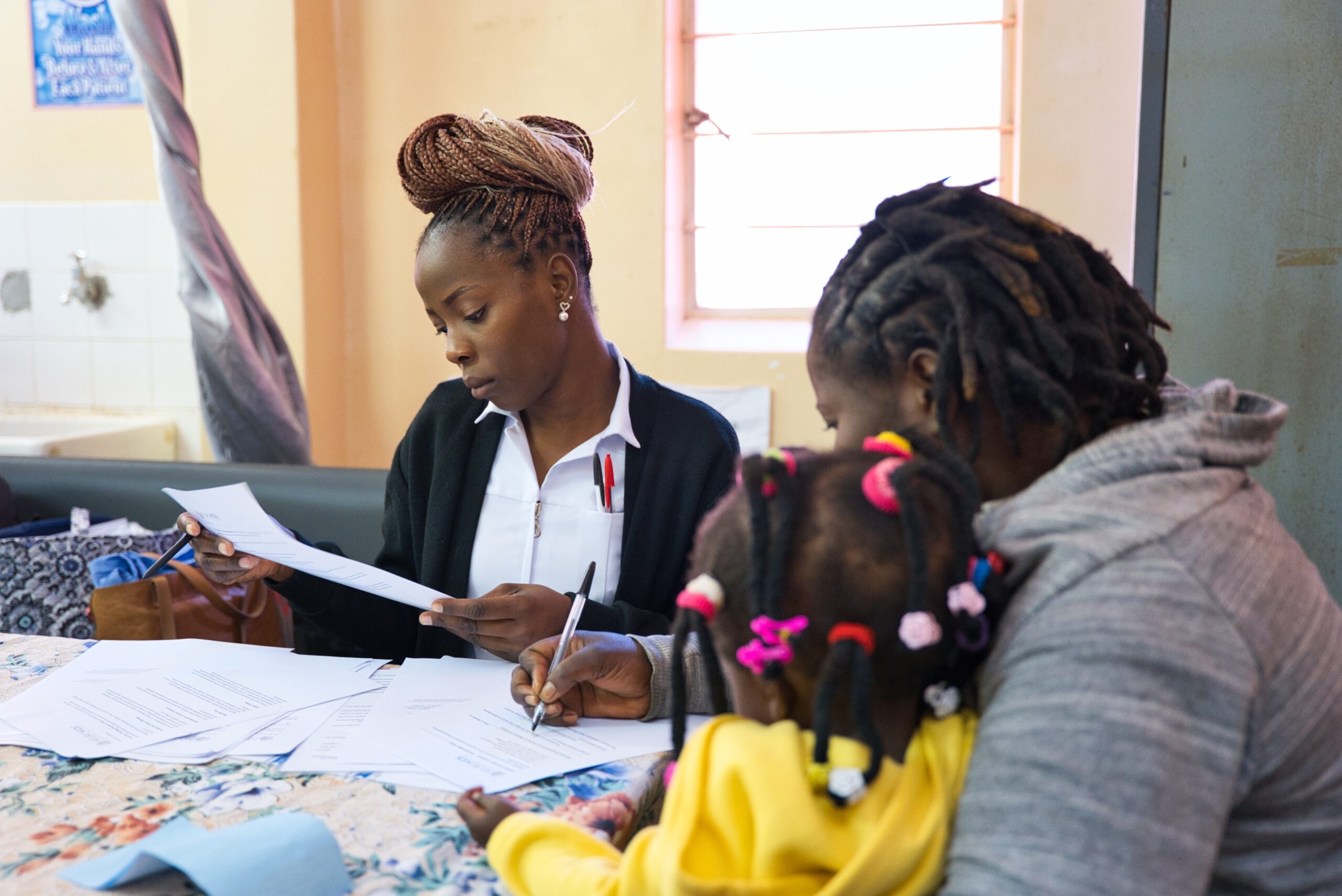
Demographic Statistics
21,148,089
Total Population*
10,140,400
Total Pediatric Population*
145
Estimated Incidence of Hydrocephalus (per 100,000 births)
Partner Hospital
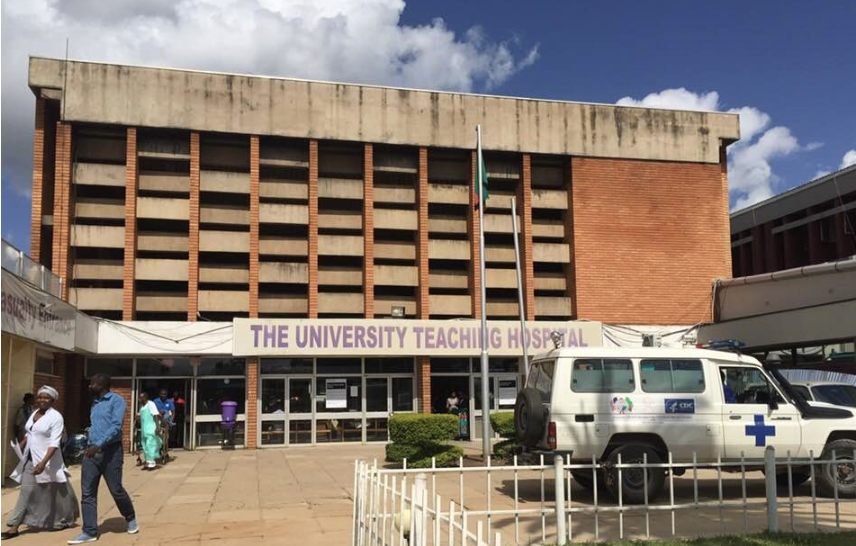
L U S A K A
Zambia Team
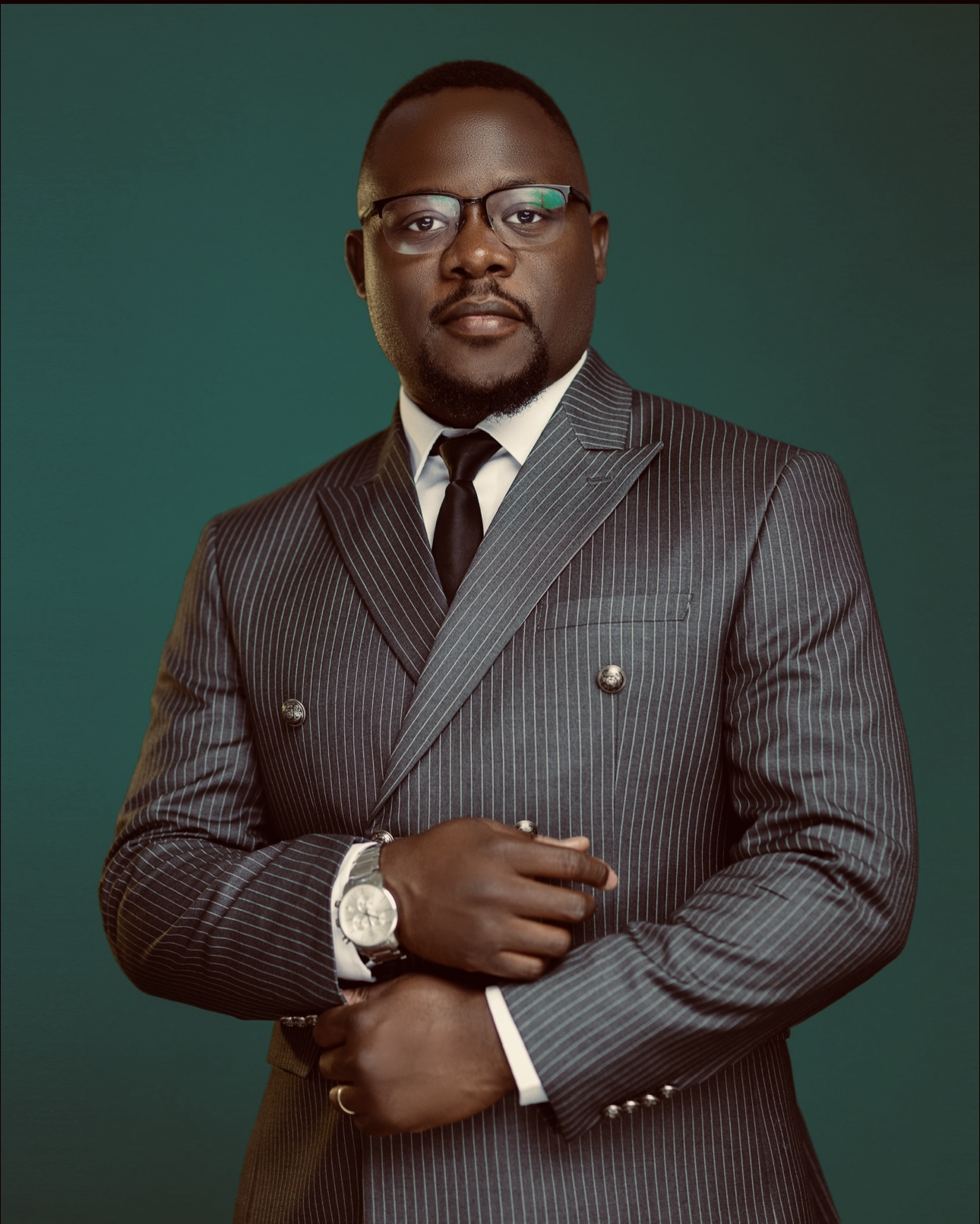
Dr. Arnold Bhebhe
CONSULTANT NEUROSURGEON, UNIVERSITY TEACHING HOSPITAL, LUSAKA, ZAMBIA
Dr. Arnold Bhebhe is a distinguished Zambian neurosurgeon with a profound dedication to pediatric neurosurgery. He is a strong advocate for the enhanced care and management of patients with hydrocephalus and spina bifida in Zambia.
After earning his medical degree from Rostov State Medical University in Russia in 2013, Dr. Bhebhe joined the Zambia Ministry of Health. He gained invaluable experience serving in rural Zambia for 18 months following his internship at the University Teaching Hospital. His unwavering passion for patient care, diligence, and dedication earned him the prestigious Zambia Medical Association Young Doctor’s Award in 2019.
Dr. Bhebhe firmly believes that the commitment to surgical care extends beyond the operating room. He actively follows up with his patients within their communities, providing ongoing management through community outreach programs and medical camps.
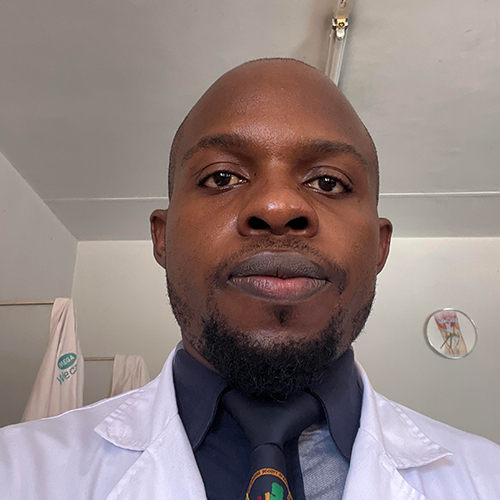
Wilmot Sinyangwe, FZCMS, FCS (ECSA)
CONSULTANT NEUROSURGEON, UNIVERSITY TEACHING HOSPITAL, LUSAKA, ZAMBIA
Since 2017, Dr. Sinyangwe has been treating children with hydrocephalus and spina bifida at the University Teaching Hospital (UTH) in Lusaka, Zambia. He obtained his BScHB (Bachelors of science in Human Biology) at the University of Zambia in 2012, then later on obtained his MBChB (Bachelors of Medicine and Surgery) at the same University on June 15th 2015.
He completed an internship at the University Teaching Hospital from August 2015 to January 2018, and went on to do his residency in Neurosurgery from February 2018 until December 2022. After completing his residency, he served as a Fellow of the Zambia College of Medicine and Surgery (FZCMS) then on December 6th 2023 I graduated as a Neurosurgeon, Fellow of the College of Surgeons of East, Central and Southern Africa i.e., FCS (ECSA).
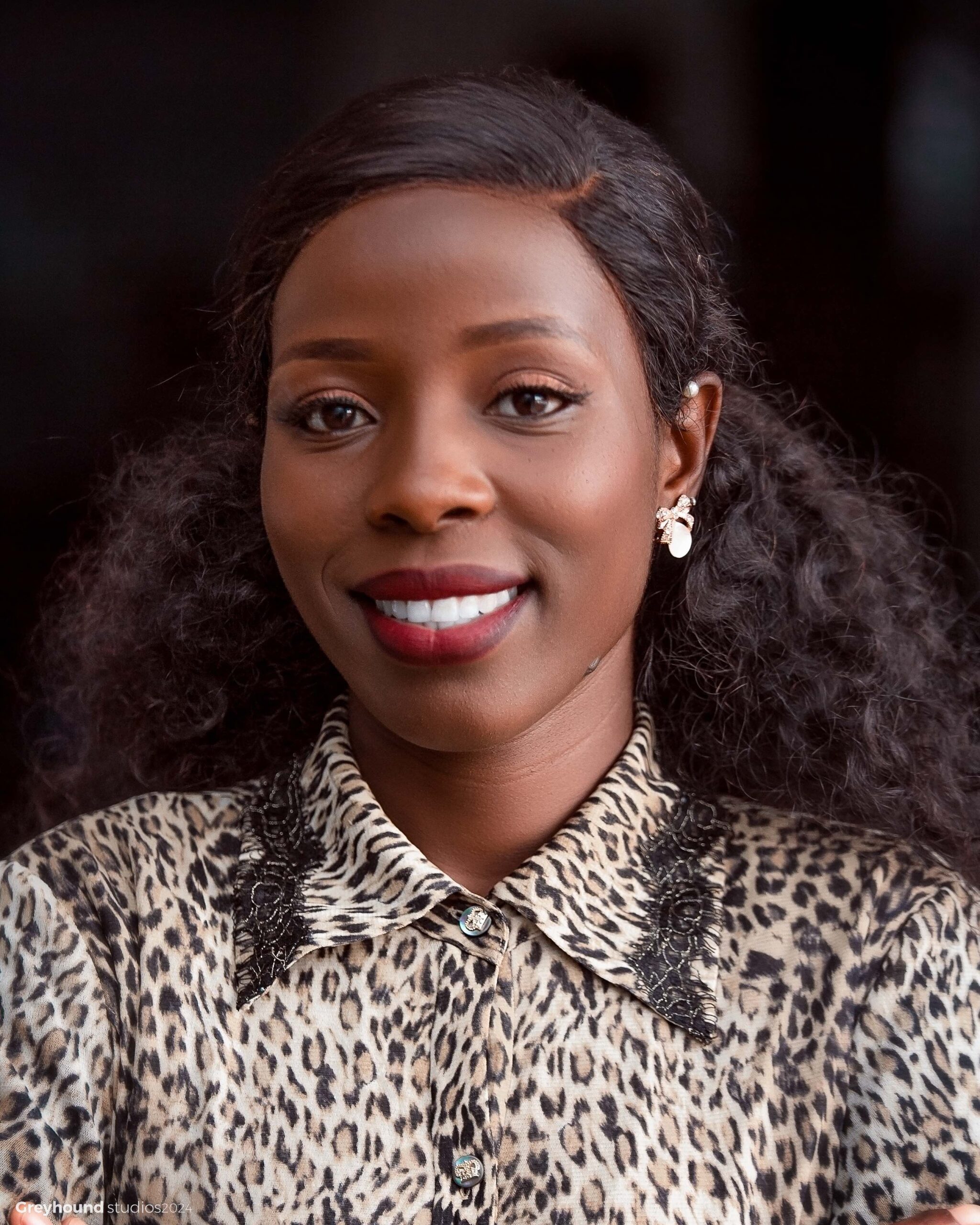
Mwanidah Makota
REGISTERED NURSE
Mwanidah Makota is a dedicated Registered Nurse and Registered Paediatric Nurse with six years of specialized experience caring for children affected by spina bifida and hydrocephalus. Equipped with a Diploma in Registered Nursing from Solwezi College of Nursing and a Postgraduate Diploma in Pediatric and Child Health from Arthur Davison School of Pediatric and Child Health, she combines clinical expertise with a deep commitment to patient and family education.
Driven by her vision to empower children and families navigating these complex conditions, Mwanidah focuses on post-surgical management, long-term coping strategies, and sustained post-operative support—even beyond discharge. Her holistic approach ensures families gain the knowledge and resilience needed to thrive.
Currently collaborating with Neurokids, an organization whose mission aligns seamlessly with her own, Mwanidah plays a pivotal role in transforming her vision into tangible impact. She finds profound fulfillment in witnessing her advocacy and care manifest in improved quality of life for her patients and their loved ones. Through education, compassionate support, and systemic advocacy, Mwanidah continues to champion a brighter future for children with spina bifida and hydrocephalus.
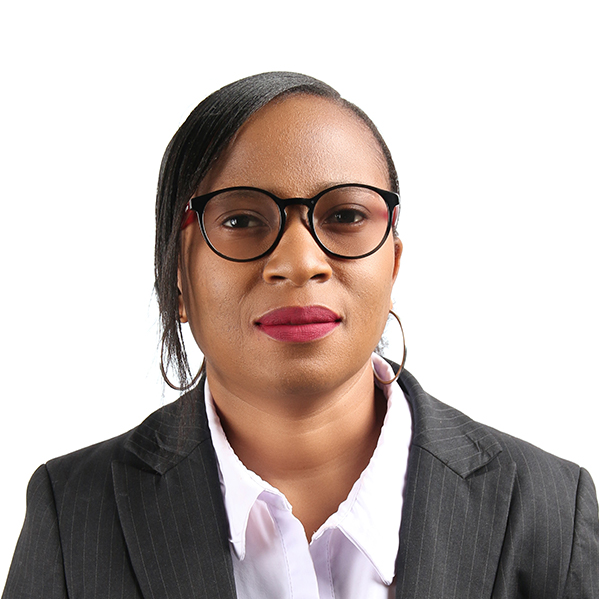
Gezile Phiri
PROGRAM COORDINATOR
Gezile Phiri is a seasoned professional with 7 years of experience in project management, program coordination, and data collection. With a strong foundation in natural resources, Gezile has successfully managed projects and coordinated programs that positively impact vulnerable communities. Notably, Gezile served as the focal point person for a World Bank- funded climate change project in Zambia’s Western Province, working closely with local communities to drive meaningful change.
Over the past 3 years, Gezile has focused on the health sector, working with malnourished children and people living with HIV, where she led data collection teams, leveraging her skills to inform impactful interventions. With a proven track record of delivering high-quality results, Gezile is a dedicated and results-driven professional committed to making a lasting impact.
Stories and News From Zambia
We provide training curriculums, endoscopy equipment, and remote presence technology to hospitals and surgeons in places with the greatest needs.
Get Support
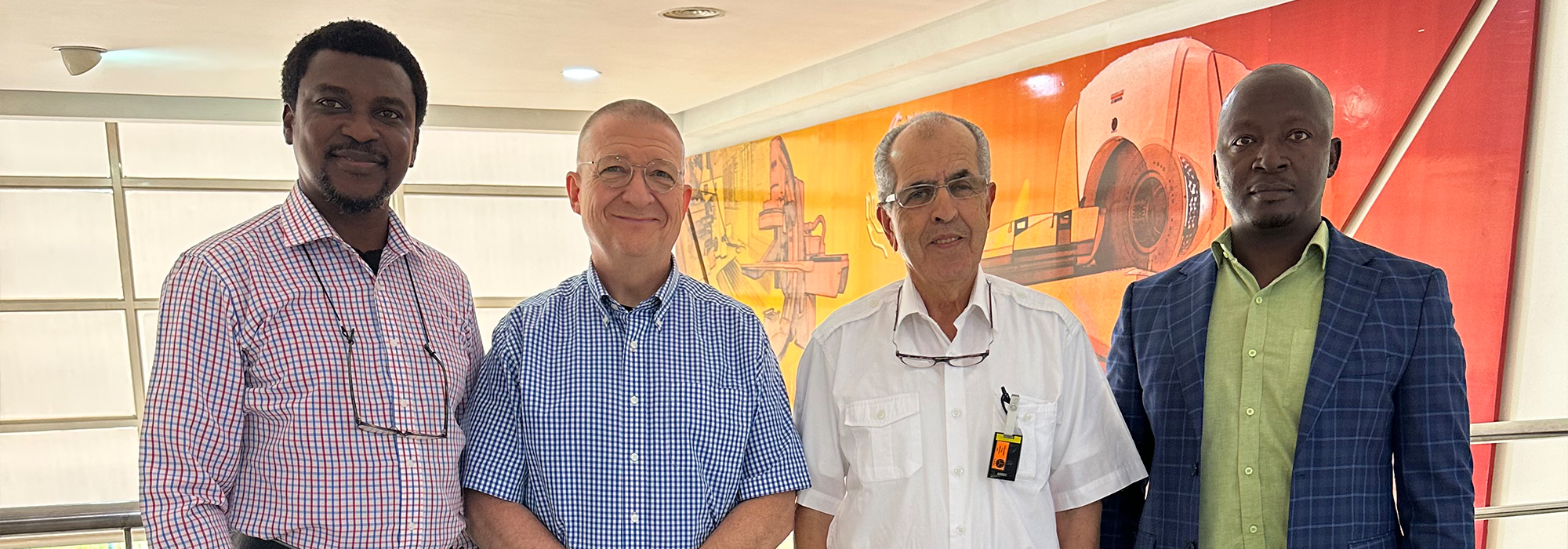
NeuroKids partners with local public and private children’s hospitals and individual surgeons to help build the skills and systems to better address hydrocephalus and spina bifida.
We train and support neurosurgeons in The Warf procedure using today’s technology to close the gap in surgical training and promote best practices in treatment and care. Through both in-person and remote technology, as well as equipment and supplies, we ensure practical training at scale, saving time and money.
Please reach out to learn how we can support your hospital with pediatric neurosurgical training and supplies, enabling your team to provide proven services and ensure children with hydrocephalus and spinal bifida receive the most effective care.
Donate
Donate now and join us in our mission to make it possible for children with hydrocephalus and spina bifida to live longer and better lives. Together, we can make a difference that lasts a lifetime.

